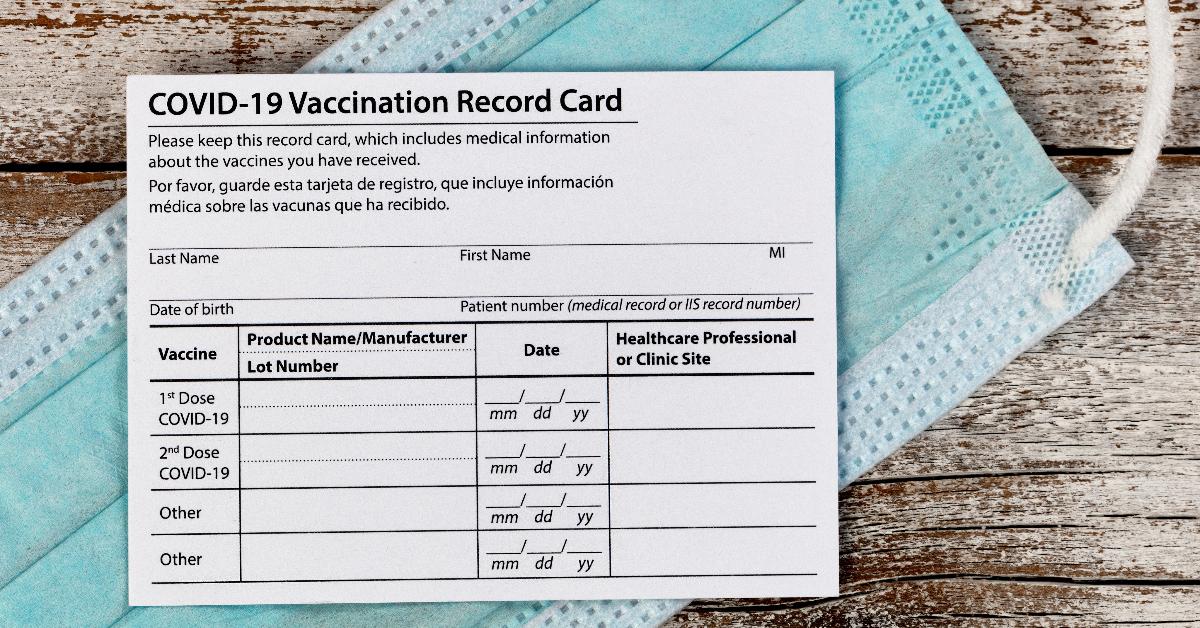During the height of the covid-19 pandemic, some politicians and voters advocated for covid vaccine mandates for air travel. And while this proposal has some intuitive pull, there are likely tradeoffs here that could result in more deaths overall as a by-product of increasing the cost and trouble of air travel, incentivizing travelers to choose another form of travel: driving. And since driving is more dangerous, flight vaccine mandates would (likely) backfire.
When increasing the cost of a good or service, the substitution effect is salient. A change in the price of a good or service affects the consumption of that good or service and that of comparable goods and services. A flight vaccine mandate would increase the cost of flying, at the margin, for many: it requires time and effort, risks negative side effects, can conflict with political beliefs and practices, and so forth. A case study on the substitution effect after the terrorist attacks of September 11, 2001, shows an increase of people who chose to drive instead of fly. As the researchers explain,
[While] we are unable to identify . . . the reasons for the 9/11 effect, our evidence is consistent with arguments that fear of flying [and] the increased inconvenience of stricter airport security led many travelers to drive rather than fly. Our results show that the public’s response to terrorist attacks can have unintended consequences that rival the attacks themselves in their severity.
The authors of the paper argue that the terrorist attack likely induced a substitution of effect on flying for a couple of reasons. First, travelers misperceived the threat from terrorism as larger than it was, especially compared to driving, and wrongly concluded that flying was more costly and risky than driving. Though it is easy to imagine the horrors of a terrorist attack, statistical data showing flying is safer than driving isn’t nearly as psychologically gripping. Second, many travelers likely judged increased security measures to be a serious inconvenience, and the inconvenience of driving decreased relative to the increased inconvenience of flying in a post–September 11 world.
People may avoid flying without vaccine mandates. The absence, not presence, of vaccine mandates would result in people driving instead of flying. However, we have a
Probably the least controversial step in our argument is that driving is more dangerous than flying, all else being equal. If more people drive instead of fly in reaction to mandating the vaccine, this will produce substantially more travel fatalities. Flying is approximately fifteen times safer than driving. Consumers are highly sensitive to the safety record of airlines—perhaps because, psychologically, flying is scarier than driving. In any case, economist Nancy Rose explains that in the air traffic market, a crash hurts reputation and profitability. “[Airline] executives cite the need to preserve and enhance their reputation as their primary concern in maintaining safety standards. If such reputations are effective checks on behavior, we should observe market penalties for firms that deviate from their established reputations.”
Perhaps while more people would die from driving instead of flying, they would infect fewer people, and thus result in fewer overall deaths. We must rule out this scenario before we can claim that a higher fatality rate would be the likely result of flight vaccine mandates. There are a few reasons, though, to doubt the plausibility of this scenario.
First, driving affords opportunities to spread a virus: stopping for gas, getting a hotel room for the night, getting roadside assistance for a flat tire, and so forth. There is nothing intrinsically safer, with regard to infecting others, about driving rather than flying.
Second, while vaccines supposedly decrease the viral load available to be passed onto others, this effect is quick to wear off within a few months. They aren’t effective over time at stopping the spread of the virus. And since the main rationale for vaccine mandates rests on preventing the spread to others—an appeal to negative externalities—the fact that this ability of vaccines quickly wanes cuts against that case:
[The] vaccine’s beneficial effect on Delta transmission waned to almost negligible levels over time. In people infected [two] weeks after receiving the vaccine developed by the University of Oxford and AstraZeneca, both in the UK, the chance that an unvaccinated close contact would test positive was 57%, but 3 months later, that chance rose to 67%. The latter figure is on par with the likelihood that an unvaccinated person will spread the virus.
Airports aren’t a major source of transmission. Airplane filters excel at removing airborne viruses. Researchers studying outbreaks from travelers found “[almost] no evidence that counties receiving more passengers from locations that experienced early COVID-19 outbreaks experienced higher infection and fatality rates. In contrast, we find some evidence that counties receiving more passengers from locations that did not experience early outbreaks did experience higher infection and fatality rates.”
Flight vaccine mandates are a solution in search of a problem. From the evidence, then, it looks like vaccine mandates wouldn’t reduce lives lost to airborne pandemics, but they would reduce freedom enjoyed by travelers and airlines.




